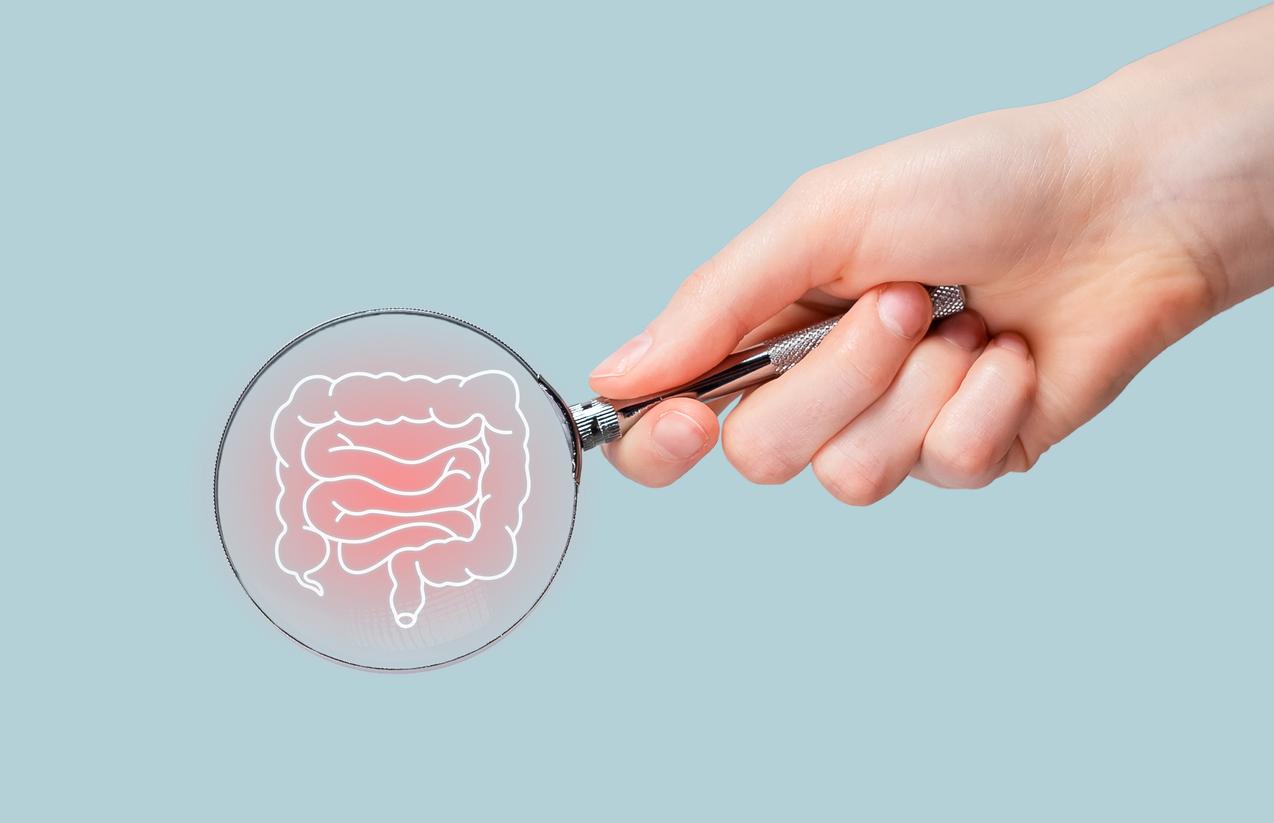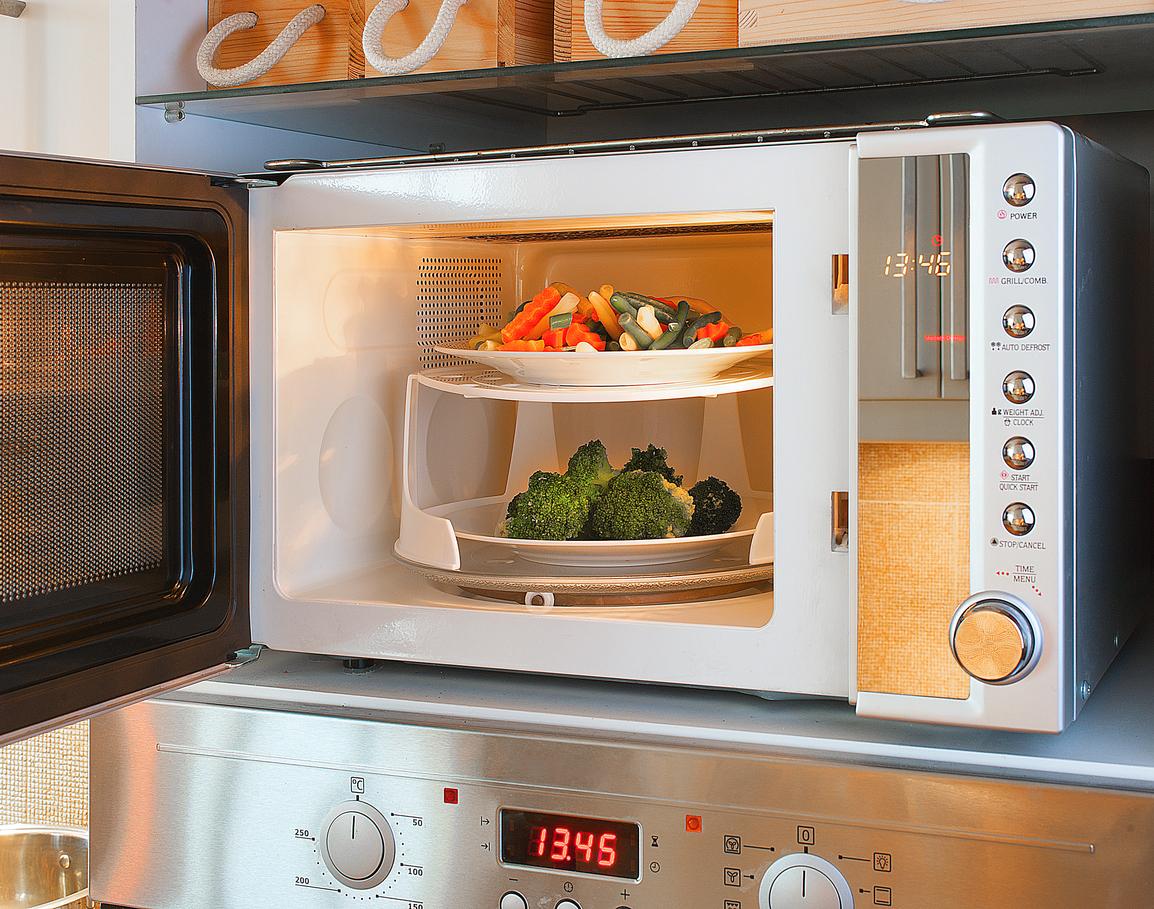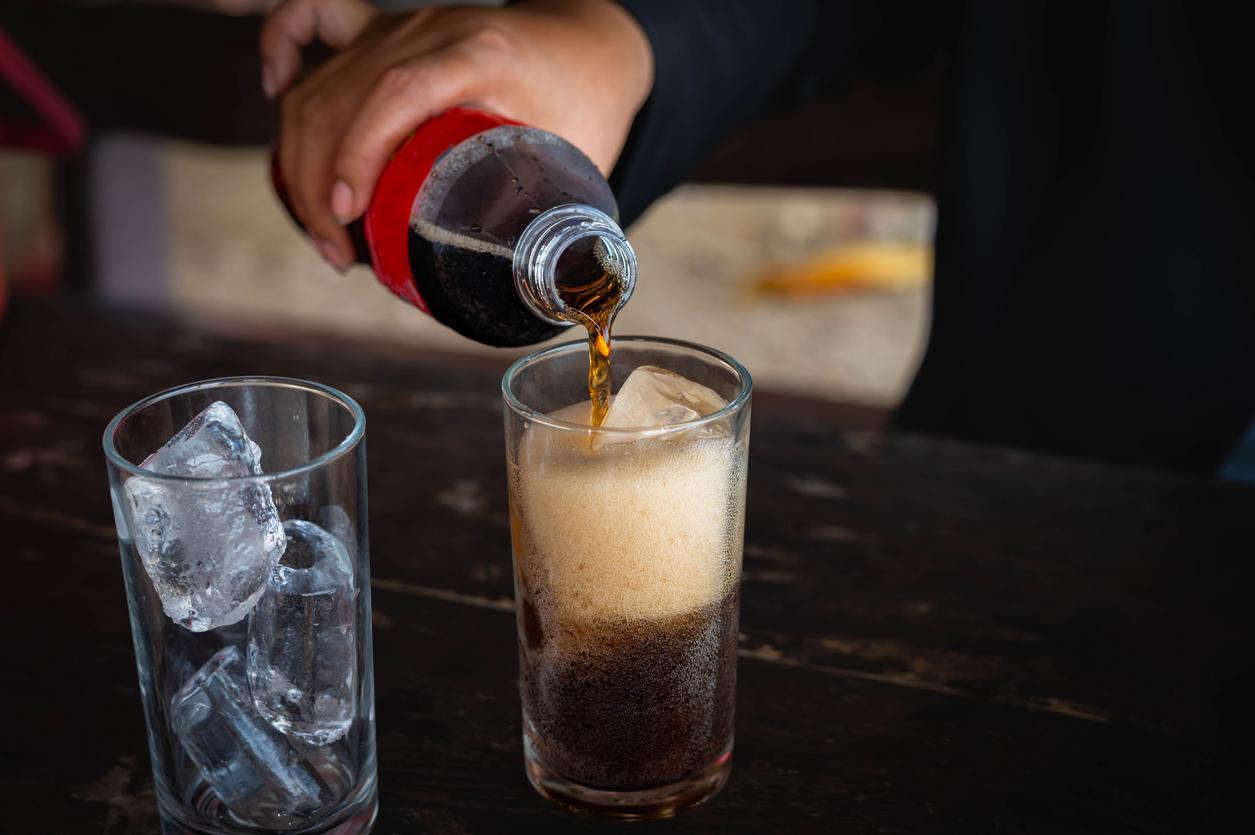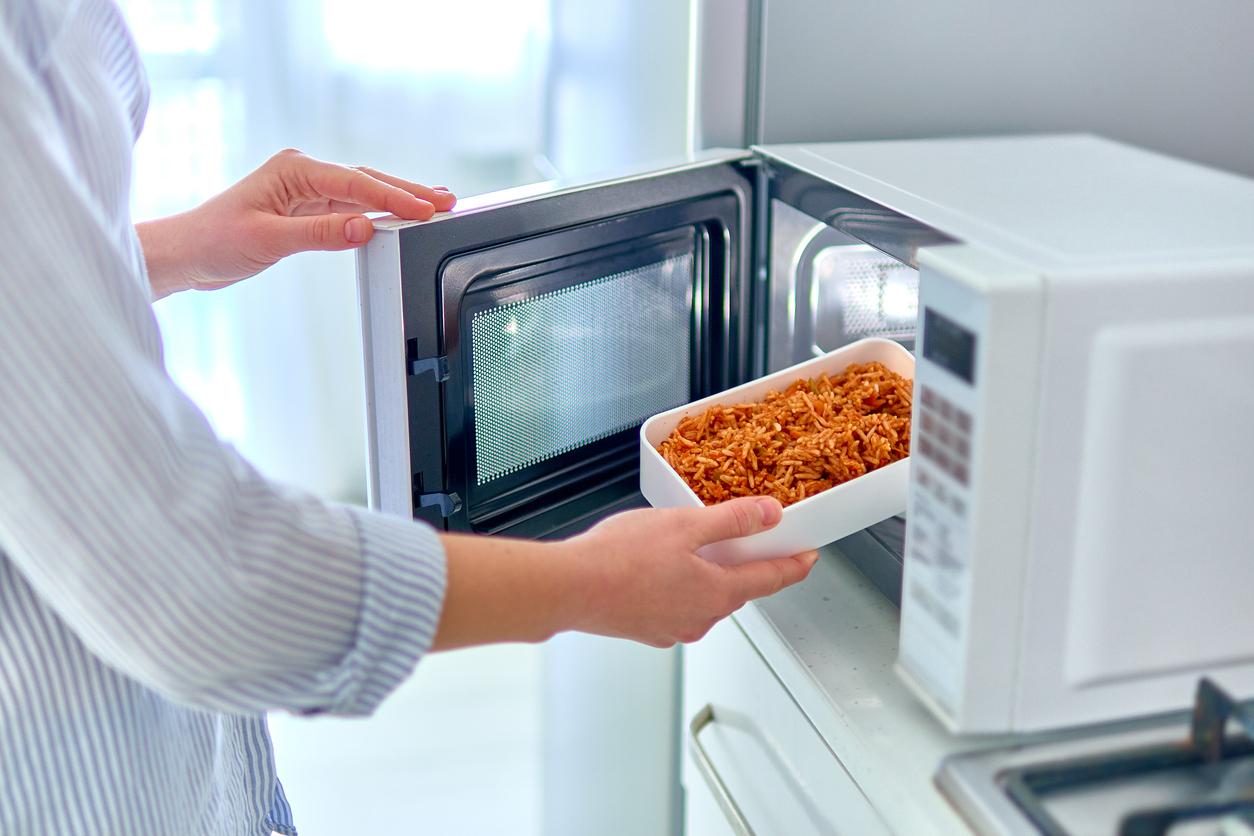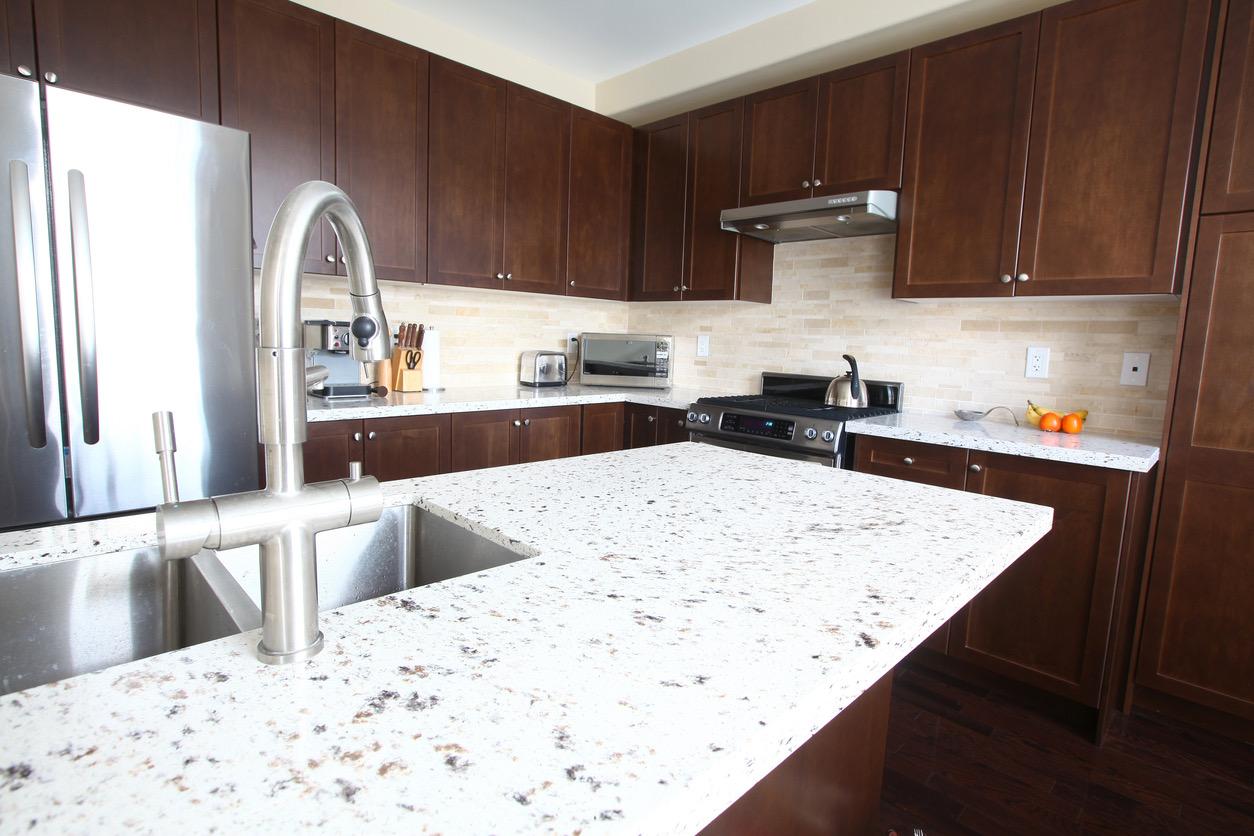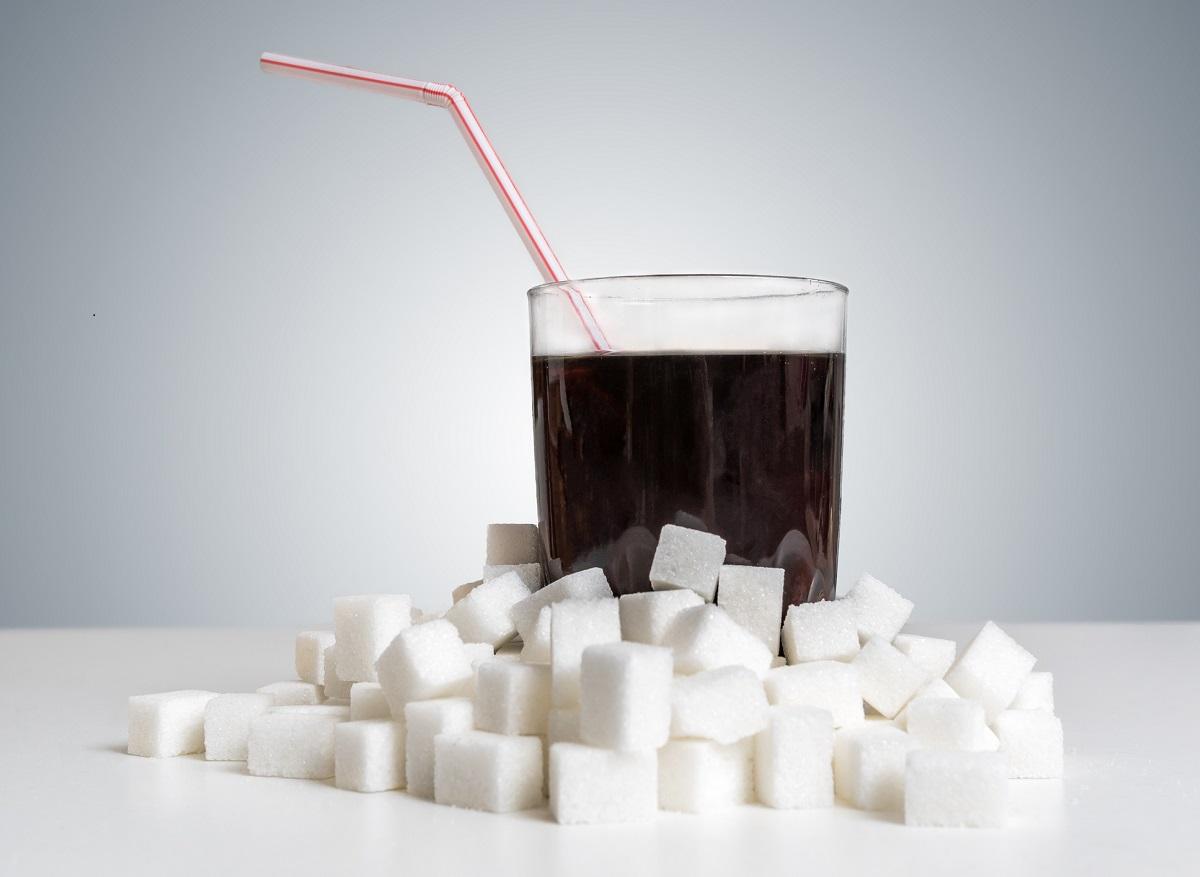It was already adored by our grandmothers and the grandmothers of our grandmothers, who used it in all sauces: in their cooked dishes, from appetizer to dessert, but also for its housekeeping virtues, as well as for solving everyday ailments, ensuring hygiene and improving everyone’s well-being (pets included) . All for a modest sum and a formidable efficiency.
An American study published in the Journal of Immunologyshowed that consuming baking soda every day in small doses could reduce inflammation in diseases like rheumatoid arthritis. Proof is made of the antacid virtues of the little magic powder. But bicarbonate has many other properties as well.
The health benefits of baking soda
Disinfectant, drying, deodorizing, purifying, cleaning, purifying, descaling, sanitizing…, bicarbonate is all of these things at the same time, and those who learn to use it on a daily basis cannot quickly do without it. Genius of the house, thanks to its alkaline pH (between 8 and 8.4, knowing that a pH is neutral at 7), baking soda also has its place in the pharmacy because it neutralizes fatty acids (vegetable fats and animal fats). This is what makes it a formidable enemy of gastric acidity (heartburn).
It helps to manage post-party nausea. And when added to the cooking water of certain foods (cabbages, legumes, starches, etc.), it facilitates their digestion (see our slideshow). Some clever cooks even slip a pinch into their fondue recipe to make it airier and more digestible!
Everything you can do with baking soda
Combined, the properties of bicarbonate promise applications as diverse as they are useful, from the medicine cabinet to the beauty bag, without forgetting hygiene.
- He’s a friend of the teeth : with it, exit the food residues deposited between the teeth at the origin of cavities. It fights dental plaque, freshens breath (in mouthwash) and gives a star smile by whitening teeth.
- It exfoliates the skin : its fine crystals with multiple angles give it an abrasive effect whose powers are tempered by the fact that they dissolve in water. Used as a facial peel, for example, it purifies, exfoliates the skin without attacking it and revives a dull complexion.
And in the house:
- It hunts limestone of our household appliances: by avoiding the phenomenon of precipitation of calcium and magnesium from the water, it prevents the formation of tartar. This can also be useful in cosmetics, to correct the hardness of the water in our baths as well as to ensure a bright smile.
- It sucks up the smells : by modifying the pH of acids until it becomes neutral, it neutralizes bad smells.
- It destroys mushrooms : it is a destroyer of mycoses, mushrooms and other moulds.
Contraindications of bicarbonate
Its internal use is contraindicated for people with heart or kidney failure. Its excess is to be avoided: we do not wash our teeth every day with bicarbonate (unless expressly recommended by the dentist, in the event of gingivitis for example), neither do we drink a large glass after each meal on the pretext of digesting well… In short, we learn to use it wisely and in reasonable quantities.
>> How to store it? To enjoy it for a long time, it is necessary to store the baking soda in a dry place, sheltered from light. It is best to transfer it to a metal or plastic box and put it away in a cupboard. The fridge is not recommended: the absorbency of baking soda (the same that erases bad smells) would work against it. It would soak up the odors of all surrounding products and would no longer be usable for any other purpose.
>> To know if it is still good: Pour 2 tablespoons of vinegar into a cup and add 1/2 tablespoon of baking soda. If there is an effervescence, it is because the baking soda still has all its qualities. Otherwise, it is inedible.
How to choose your baking soda?
Baking soda sold in supermarkets (in the salt or flour department) is usually suitable for everyday use. On the other hand, for dental use or to concoct homemade cosmetic careit is better to buy a “superfine” quality powder in pharmacies.
Warning : do not confuse bicarbonate (of soda) and carbonate (of sodium). Although it is part of the composition of baking soda, sodium carbonate has its own virtues and uses. Also called soda ash or soda ash, sodium carbonate is mainly used in the chemical industry and it is imperative never to use it in health and hygiene recipes.
- In the long list of additives listed on LOn food labels, bicarbonate appears under the unattractive name “E 500”. Rest assured, there is nothing suspicious about this additive and it is even authorized in organic products.
- The ancestors of the famous Vichy lozenges were, in their first form, only compressed bicarbonate. They were born in 1825, under the paw of a Vichyssois pharmacist, Bartillat, who made a medicine out of them intended to solve digestive problems.
- Originally, artificial carbonated mineral waters were prepared on the prescription of doctors. Some have kept bicarbonate in their composition, particularly appreciated for its digestion-facilitating action (for example: Contrex, Hépar, Vichy-Célestins Vichy-Saint-Yorre, etc.).
Read also :
The 4 essentials of natural cleaning
A grandmother’s remedy for acid reflux




